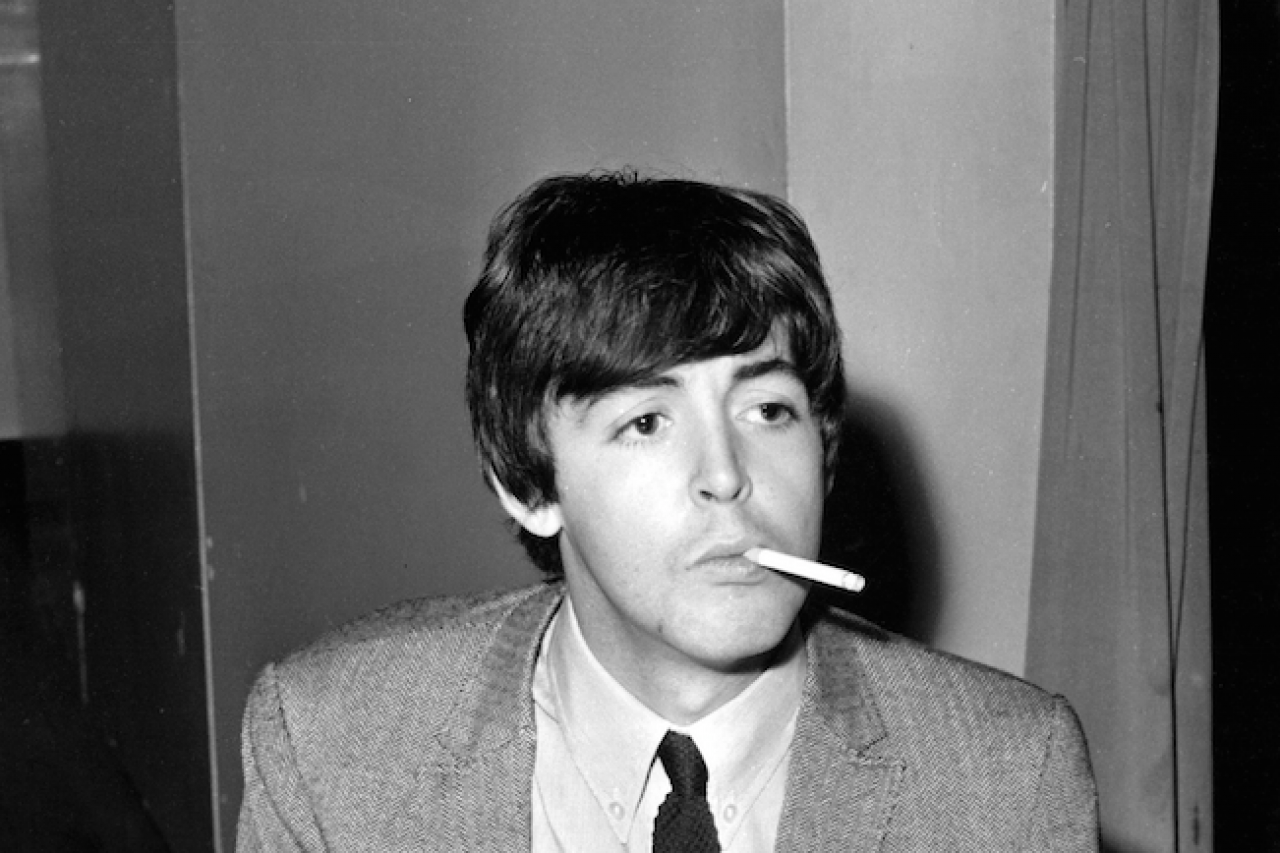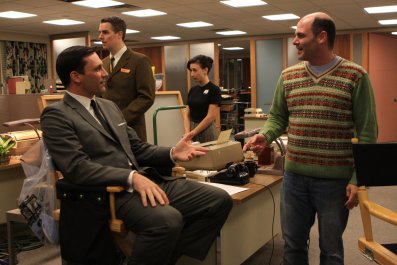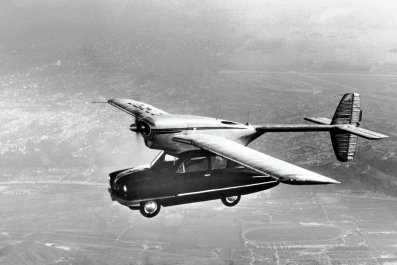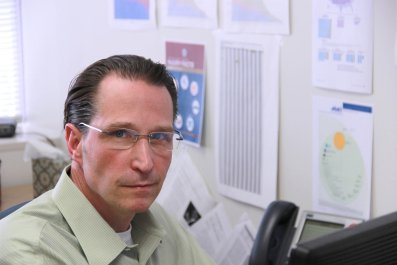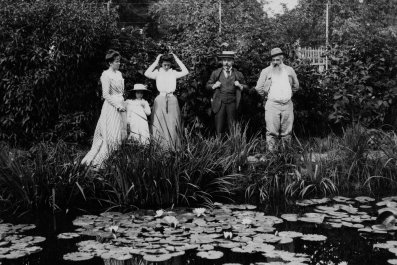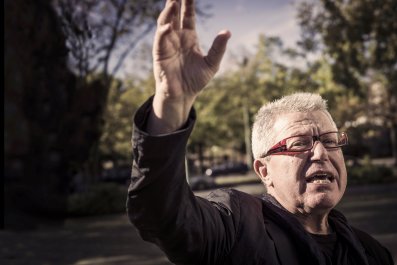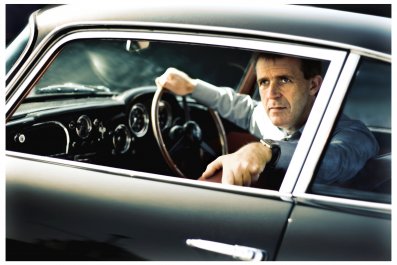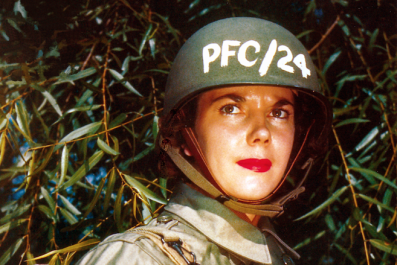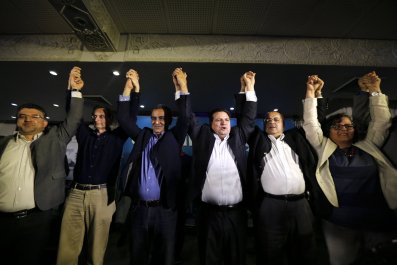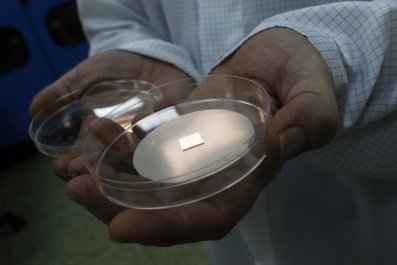Eureka! As every schoolchild knows, Archimedes was settling back in a warm bath when he noticed the water level rising. In one microsecond, he had solved the problem of how to determine the purity of a knobbly gold crown that the king had sent him by measuring the amount of water it displaced, and thus computing its volume and density. So he leapt out of the bath naked and ran off down the Smyrna waterfront shouting: "Eureka! I have found it!"
In The Eureka Factor, neuroscientists John Kounios and Mark Beeman give many other examples of this kind of lightning bolt of insight, but back this up with the latest brain-imaging research. What is so delicious about these "aha!" happenings is that they arrive without the slightest sweat or toil, usually completely formed.
Paul McCartney woke up one morning with a tune in his head. He jotted it down, played it on the piano, added a few words and there was Yesterday. "If you're really lucky, they just arrive and you kinda just write 'em down," said Sir Paul.
A moment of insight can sweep aside decades of analytic thought or even start another writing fashion. Harold Pinter told me that his play, The Homecoming, came from his character Lenny's one DNA-like line: "I've got my pyjamas on and you're all dressed."
But insight and intuition are real and everyday, and not only for the arts. One of the most telling examples Kounios and Beeman give is of an American fireman called Wag Dodge. He was leading a team of 15 fighting a blaze which they, suddenly, had to try and outrun. The fire was moving too fast for them, so Wag stopped, took out a match and lit the dry grass ahead of him. When the grass had burned through, he lay down in the ashes and was saved. Thirteen of his comrades died. The solution was known to the Plains Indians but not to the Fire Service. A sudden insight had saved him.
Using MRI scanners for a series of cognitive problems has revealed some areas of the brain work when we consciously analyse a problem, while other areas light up when we have a "eureka" moment. Kounios and Beeman identify several stages of insight. First there is an impasse, next a diversion and finally illumination. Things like rewards and deadlines encourage analytic thought but are the enemy of insight, while daydreaming and fantasising all prime the pump.
Kevin Ashton in his book, How to Fly a Horse, thinks all this is absolute tripe. He sets off with a passage written by Mozart describing his creative process, which flowed best in the middle of the night:
"Provided I am not disturbed, my subject enlarges itself, becomes methodised and defined, and the whole, though it be long, stands almost finished and complete in my mind, so that I can survey it, like a fine picture or a beautiful statue, at a glance."
But then Ashton throws a bomb. The above, he says, was not written by Mozart, who was usually far too drunk, in bed, or playing billiards, but was actually faked by Mozart's biographer, Otto Jahn. Ashton goes on to develop the argument that Wolfgang Amadeus was just like the rest of us, a child of hard work, trial and error. He says the compositions did not arrive "by magic" and that the evidence for this is the fact that Mozart revised his work. But the Mozart letter being faked does not mean that the process it describes is not true. Ashton also notes that James Dyson built 5,126 prototypes over five years before creating a cyclone-based vacuum cleaner.
The book does not see any real difference between the method and achievements of Mozart and Dyson, and there's the rub. Kevin Ashton is the British MIT-based pioneer of what he called the Internet of Things, which may sound post-Hegelian but means connecting microchips to a product and then to the internet to tell you how many have sold. In Ashton's case he worked on lipsticks. A modern Dr Pangloss, he states that there is nothing original and, as with the internet, we can all pitch in. "Necessity is not the mother of invention. You are," he urges.



